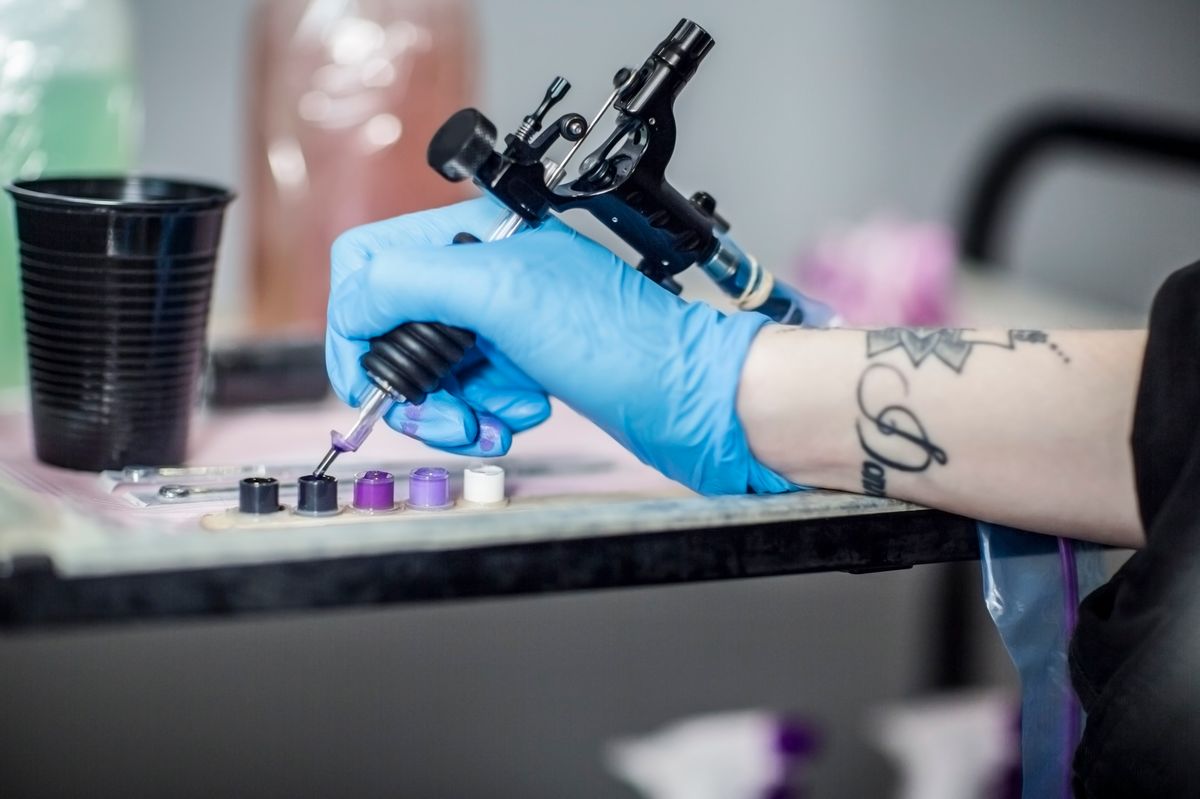Research by the US Food and Drug Administration (FDA) has uncovered alarming findings regarding the safety of tattoo and permanent makeup inks; according to the study published on July 2 in the journal Applied and Environmental Microbiology, sealed bottles of these inks, including those labeled as sterile, contained millions of potentially hazardous bacteria.
"In light of our study results, we want to emphasize the importance of continuously monitoring these products to ensure the microbial safety of tattoo inks," stated Seong-Jae (Peter) Kim, a microbiologist and staff fellow at the FDA's National Center for Toxicological Research in Jefferson, Arkansas. Kim served as the report's corresponding author, as CNN informed.
The ink, when injected deep into the skin, creates an environment where bacteria can thrive, leading to infections and serious injuries. Study coauthor Linda Katz, director of the FDA's Office of Cosmetics and Colors, explained that contaminated tattoo ink can cause life-threatening complications if bacteria spread systemically. Such complications include endocarditis, a potentially deadly inflammation of the heart lining, and septic shock, the final and most severe stage of sepsis, which can result in multi-organ failure.
"If not quickly treated, sepsis can rapidly lead to tissue damage, organ failure, and death," according to the US Centers for Disease Control and Prevention (CDC).
More commonly reported symptoms of tattoo ink infections include:
- Injection-site rashes
- Impetigo, a highly contagious bacterial skin infection
- Erysipelas, a bright red and tender rash on the skin
- Cellulitis, a deep infection of the skin requiring antibiotic treatment
Who has a higher risk of getting infected?
Katz noted that individuals with multiple or large tattoos are at a higher risk from contaminated ink, as larger tattoos increase the likelihood of exposure to microorganisms. The application of permanent makeup also raises the risk of infection.
"While both tattoos and permanent makeup carry risks if contaminated ink is used, permanent makeup applied around the eye area may pose a higher risk to consumers because microbes could enter the eye and may cause an infection," Katz said.
These findings highlight the need for stringent monitoring and regulation of tattoo and permanent makeup inks to ensure consumer safety. As the popularity of tattoos and permanent makeup continues to grow, providing the sterility and microbial safety of these products is paramount to preventing severe health complications.
,type=downsize)
